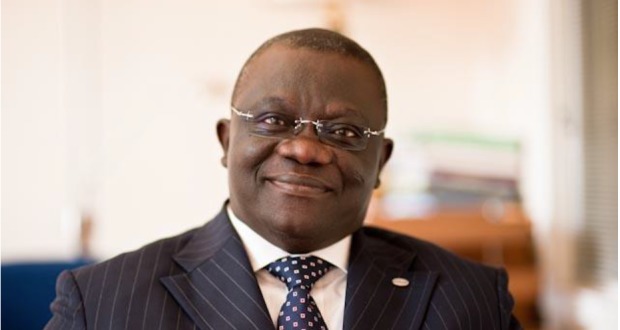For the Ghana Amalgamated Trust, GAT to achieve its aim by raising GHS2 billion as a bailout for the five selected banks who could not meet the Bank of Ghana, the majority of their work will depend on pension trustees. A Pension Consultant has stated
Pension Consultant, Mr Yaw Korankye Antwi, in an interview with ghanatalksbusiness.com advanced that the government’s idea of a Special Purpose Vehicle (SPV) to be funded by pension funds to bail banks is a good idea. According to him, it is generally the practice in other jurisdictions to develop the country, economy and industries with pension funds and that has worked well because pension funds sit for a long term which enables pension fund managers to be flexible and embark on such investments.
As it stands now, GAT have the options to either deploy the corporate bond option or the private equity option in the regulator’s investment guidelines. Private equity is a bit of a no-go area for trustees as it is new to them and the asset is deemed of a relative higher risk within the permitted investment portfolio. The corporate bond option may also face the resistance of low confidence on the grounds that GAT is so related to the government.
A quasi government entity has currently defaulted on their bonds which further dents the confidence in such quasi government instruments. In short, the experience people have with government and pensions is not a pleasant one and that can affect how pension trustees warm up to GAT.
According to Mr Yaw Korankye Antwi, another reason which may cause Pension Trustees to shy away from GAT is the fact that Consolidated bank which now runs the defunct banks is now returning 7.5% per annum for five years on fixed deposits which were placed in the banks which they (CBG) have taken over. It’s not good for schemes whose pension funds are involved considering the current inflation rate at 9.4% and 15.11% for 182-day treasury bill.
ALSO READ: GAT appoints Albert Essien as Board Chair, Eric Nana Otoo as MD
Asked whether the regulator National Pensions Regulatory Authority (NPRA) may step in and facilitate GAT’s mobilisation. He stated that, he is not sure how the NPRA would come in here. The Pensions Act 766 empowers trustees to make decisions on the investment of funds in the pension schemes.
The regulator has also given investment guidelines as a framework for trustees and pension fund managers to work with to safely invest the pension funds. ‘So unless the regulator wants to give some special concessions for schemes to invest in GAT, which is less likely’, he said.
Suggesting a way forward for the Ghana Amalgamated Trust, Pension Consultant, Mr Yaw Korankye Antwi stated that considering the factors mentioned, the GAT has a herculean task in providing a very convincing proposal to the Pension Trustees to invest in the SPV the Amalgamated Trust is managing.
He further added that even if Pension Trustees do not warm up to GAT’s proposal. There should be other avenues for money generation other than the government targeting pension funds if practitioners do not find it very profitable to their schemes. One way is for the government itself to raise a bond to generate the 1.2 billion to aid those solvent banks to meet BoG’s capital requirements.




